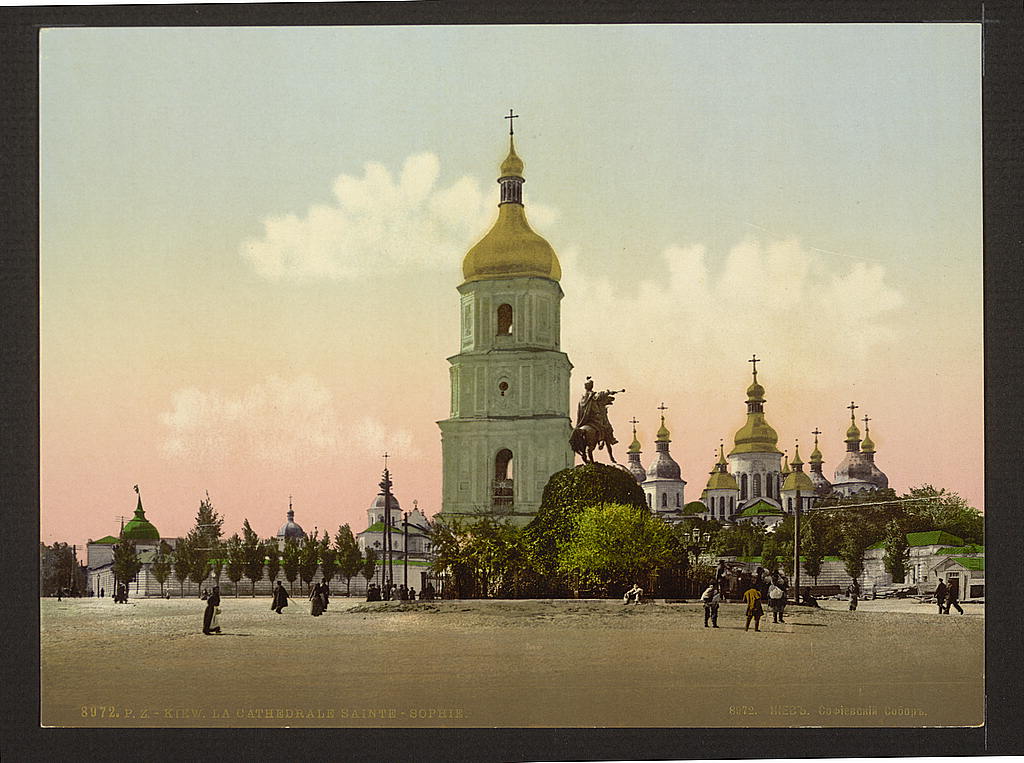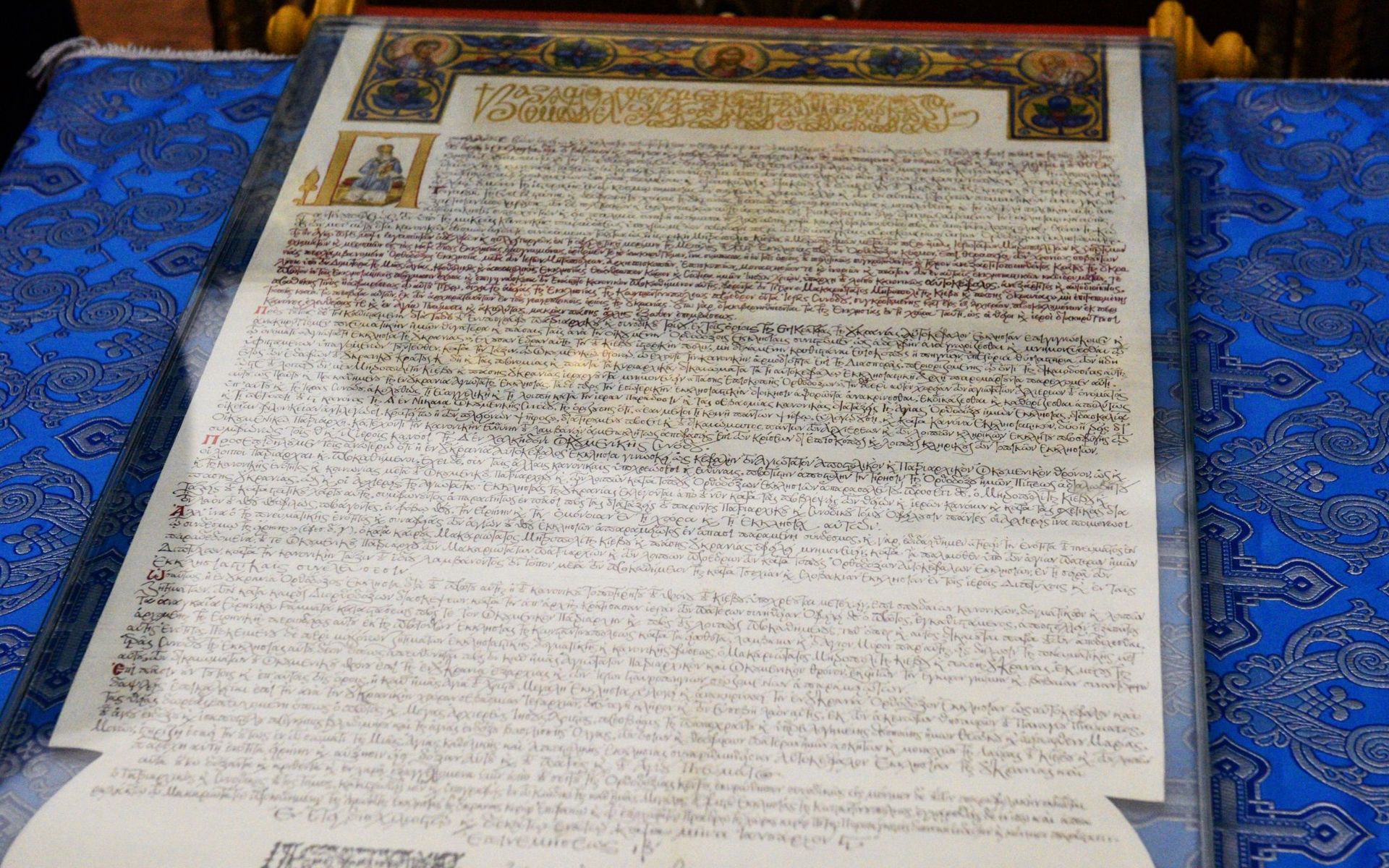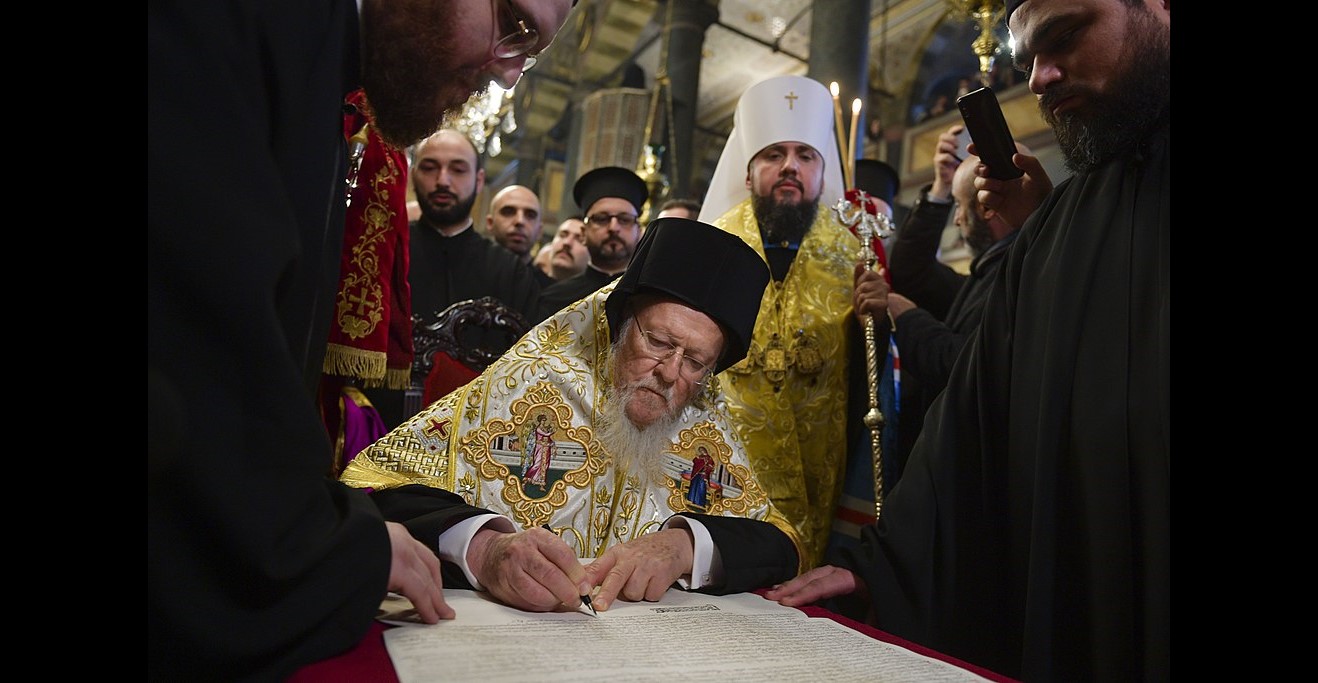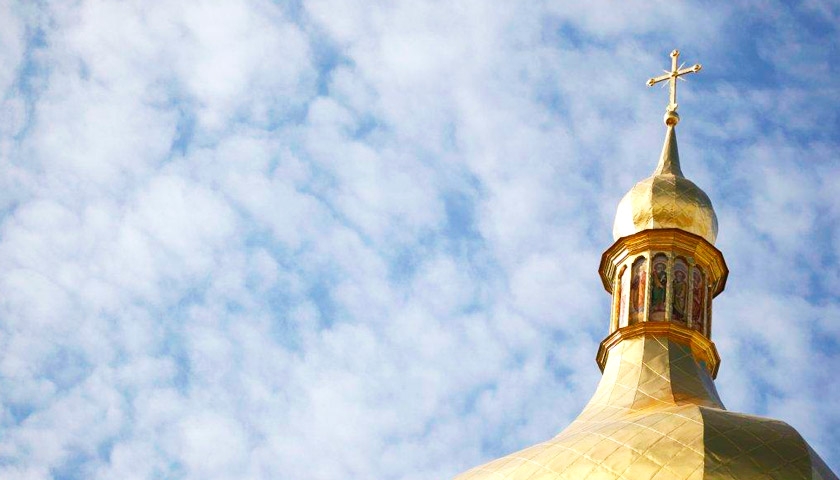In the month since Ukraine received autocephaly, the Ukrainian Orthodox Church of the Moscow Patriarchate has seen more than 300 of its parishes transfer their allegiance from Moscow to the Ukrainian autocephalous church, some 2.5 percent of the total number of Moscow parishes in that country.
More will shift in the coming weeks and months and quite likely at an accelerating rate as Orthodox faithful get used to the idea; but this process, Kyiv commentator Dmitro Horyevoy says, is not going without a fight and that fight, which he details in a new article, is certain to continue and perhaps intensify as well.
Horyevoy says that the shift in the last month strikes some as small forgetting that since the Revolution of Dignity until the autocephaly only about 70 parishes made the shift. In the last month alone, however, more than four times as many have done so as did over the last four years. “For the church milieu, accustomed to conservatism and inertia, this [new figure] is very high” indeed.
Under Ukrainian law, parishes are supposed to be able to vote on whether to make the shift, the commentator says; but that is a more complicated proposition than many had assumed. The definition of membership is difficult and the possibilities of opponents of a shift to dispatch outsiders to vote against change are very large.
Moreover, the voting rules are such that extremely small numbers of parishioners especially in rural areas where churches are often very tiny can block a move, especially if they are encouraged to do so by their priest who is under pressure from the Moscow church to block any shift.
In addition, Horyevoy says, the transfer of institutions involves not just parishes but monasteries and bishoprics. Organizing their transfer is more difficult and the path less clear. Bishoprics are legal persons rather than territories while monasteries are not necessarily controlled by parishes. Moscow is exploiting both realities.
Everyone needs to remember that the Moscow church “is not living only on the basis of hope for God’s help.” It is doing everything it can to block change: sending in outsiders to vote in parishes, engaging in deceptive practices like saying those who want to change need to form an entirely new church, and directly threatening priests and parishioners.
At present, the Ukrainian church has real advantages, Horyevoy continues; but “the entire future dynamic of transitions will depend” on how skillfully it counters the activities of the Moscow church. There is a real struggle going on, and no one should assume that Moscow is going to yield.
In this battle, he concludes, “the Orthodox Church of Ukraine must avoid the temptations of monopoly. It now is canonical, Ukrainian and autocephalous, but this doesn’t mean that it can sit with crossed arms and simply wait while parishes come to it. On the contrary, it must act, develop and become more attractive in the eyes of the believers.”
That will require not only real effort but also a commitment to openness, transparency, and the participation of the faithful in church life. Only in that way, Horyevoy says, will the forces of Moscow be defeated in this critical area of Ukrainian life.
Further Reading:
- Despite official harassment, OCU’s only church in Russia holds on
- Orthodox Church of Ukraine won’t be a state church, Poroshenko says
- Majority of Orthodox believers in Ukraine identify with Ukrainian church, new poll shows
- Ukrainian Orthodox Church and Orthodox Church of Ukraine are now legal synonyms
- New independent church and Moscow Patriarchate vie for parishes in Ukraine
- FSB, SVR divide control of Moscow Patriarchate church at home and abroad, Ukrainian intelligence official says
- Ukrainian autocephaly a defeat for Putin but a victory for a future Free Russia, Illarionov says
- Now-independent Ukrainian Orthodox church set to be major player internationally, Illarionov says
- Ukrainian Orthodox Church head says Russian Orthodox Church will remain in Ukraine as many want it and he’s not against that
- Are the Uniates about to make common cause with newly autocephalous Ukrainian Orthodox?





